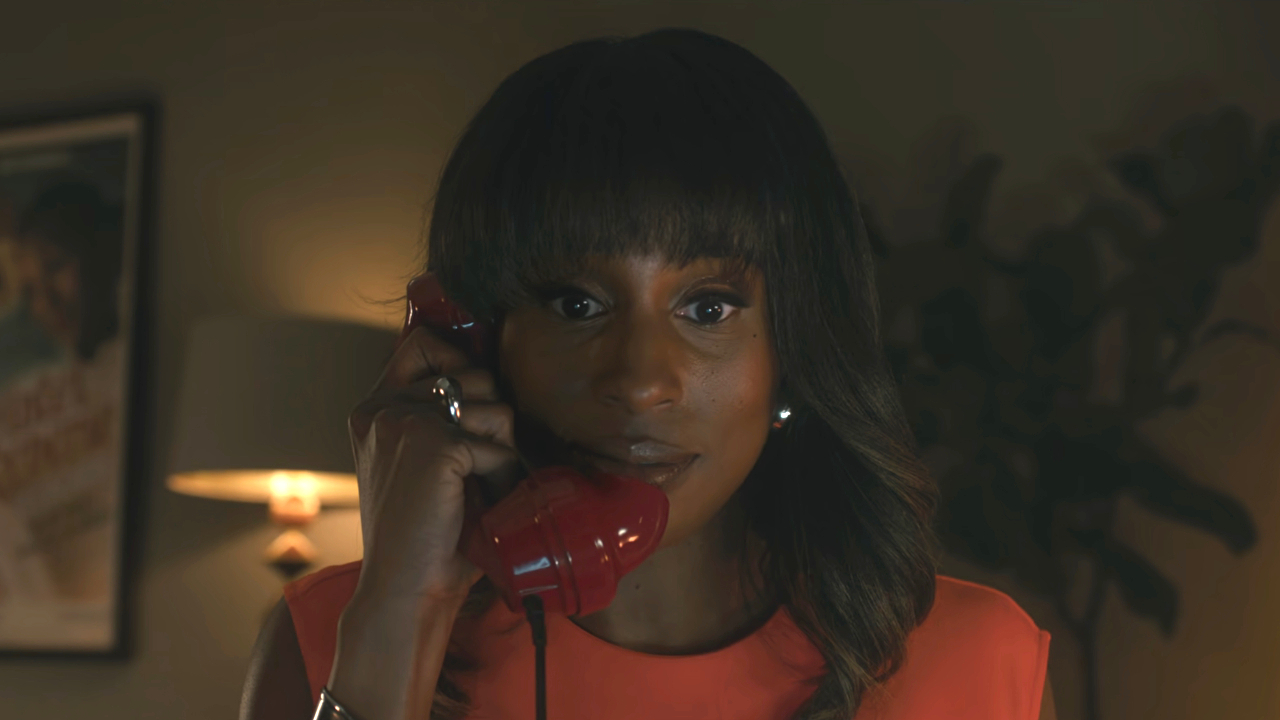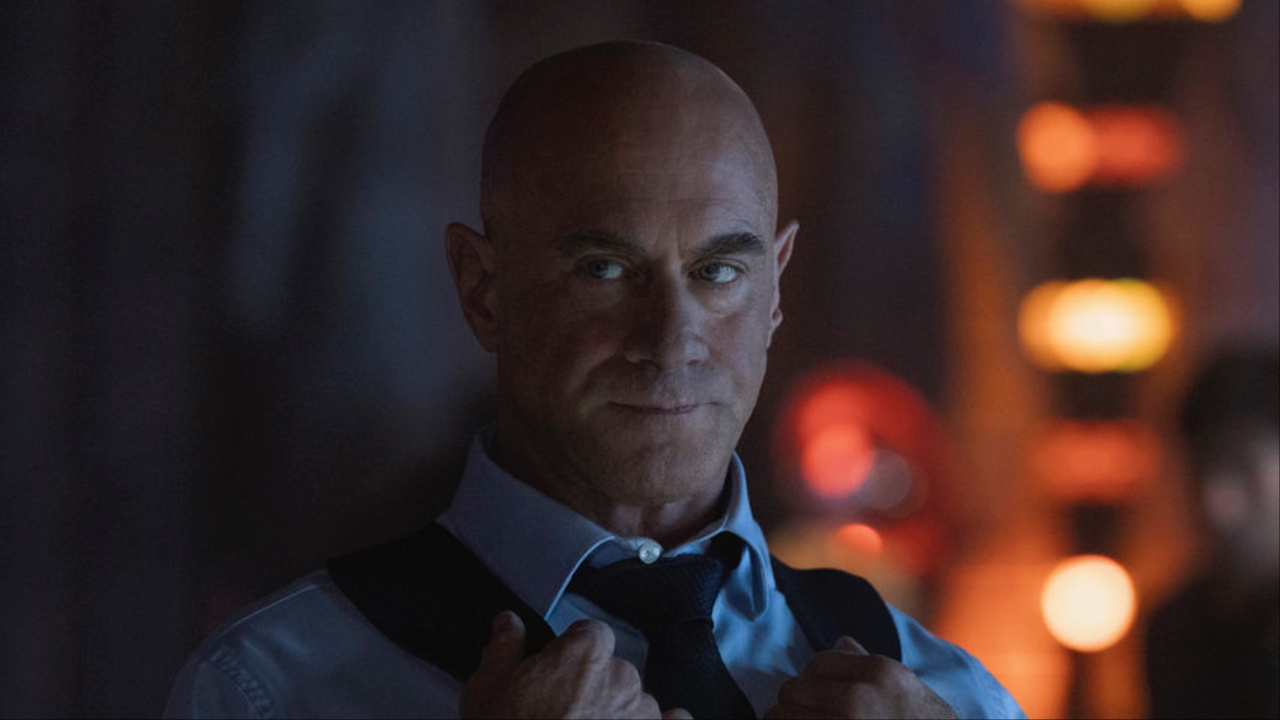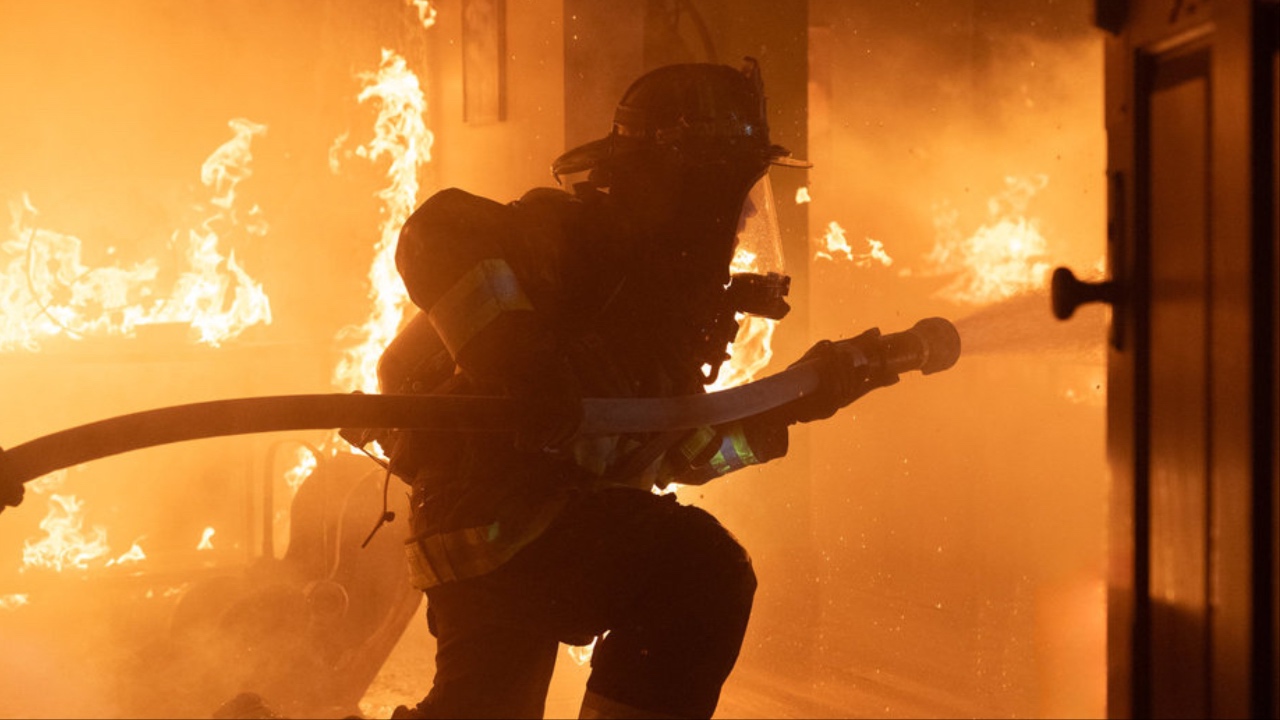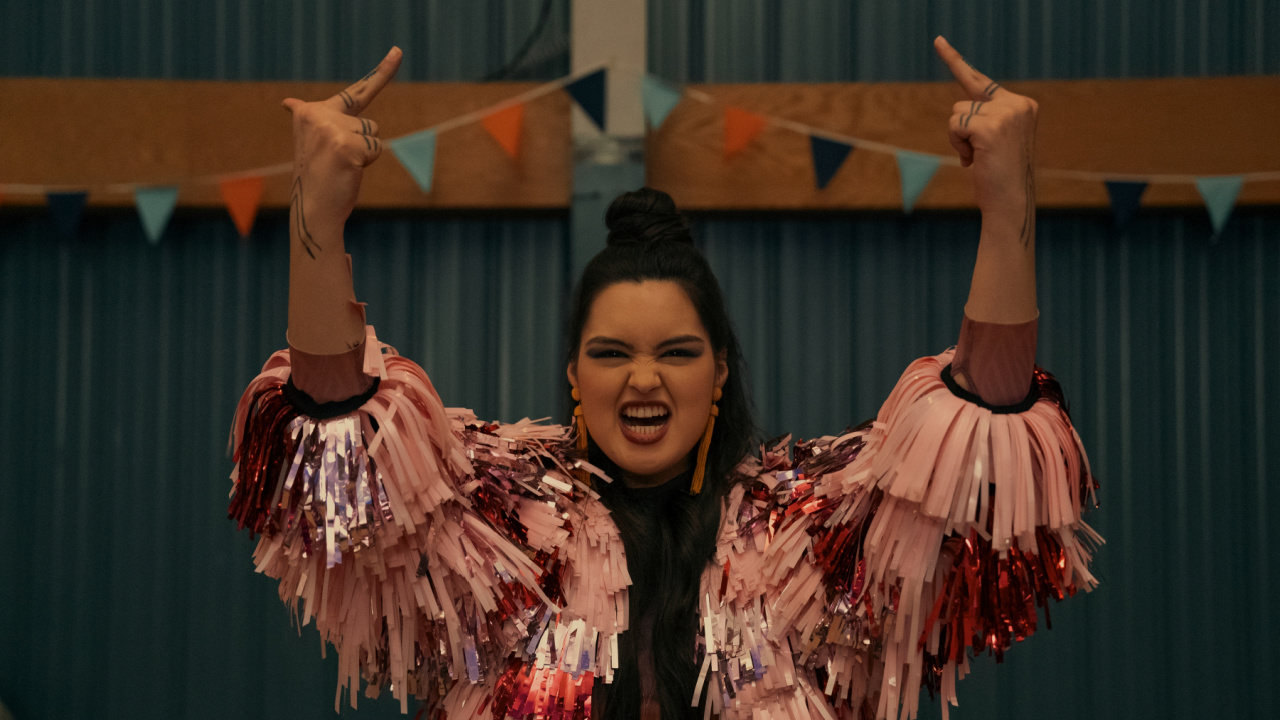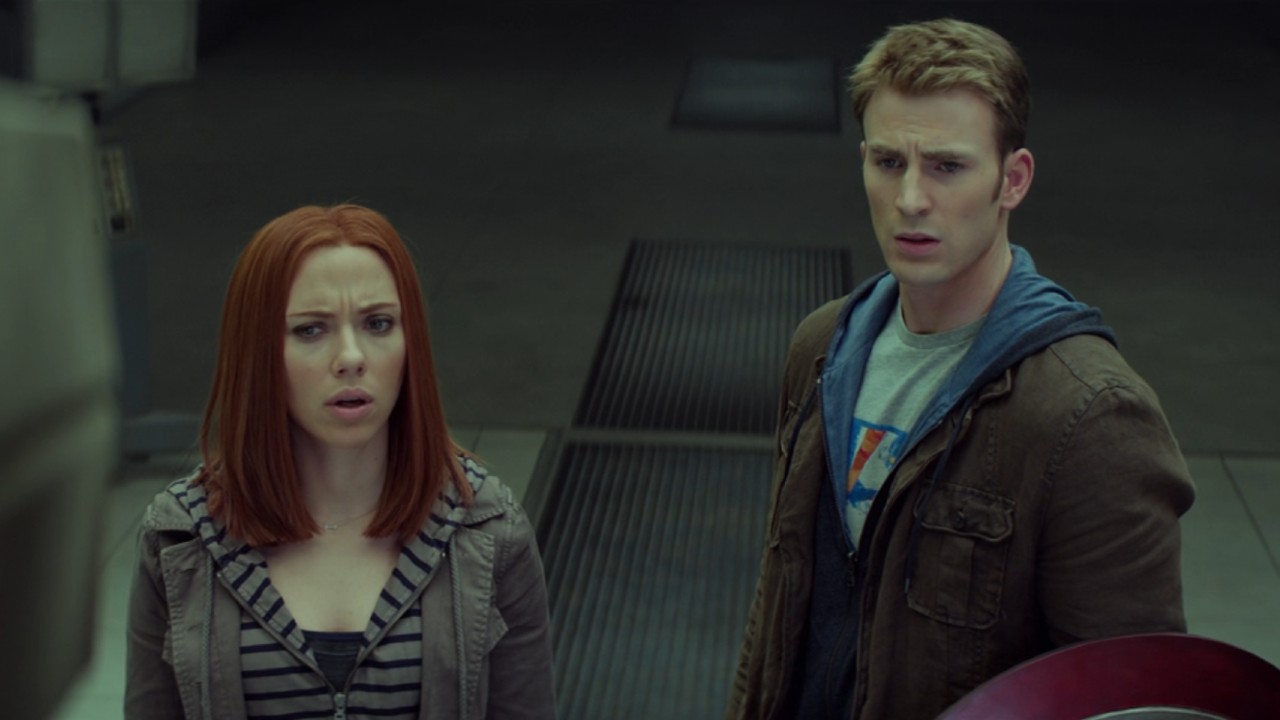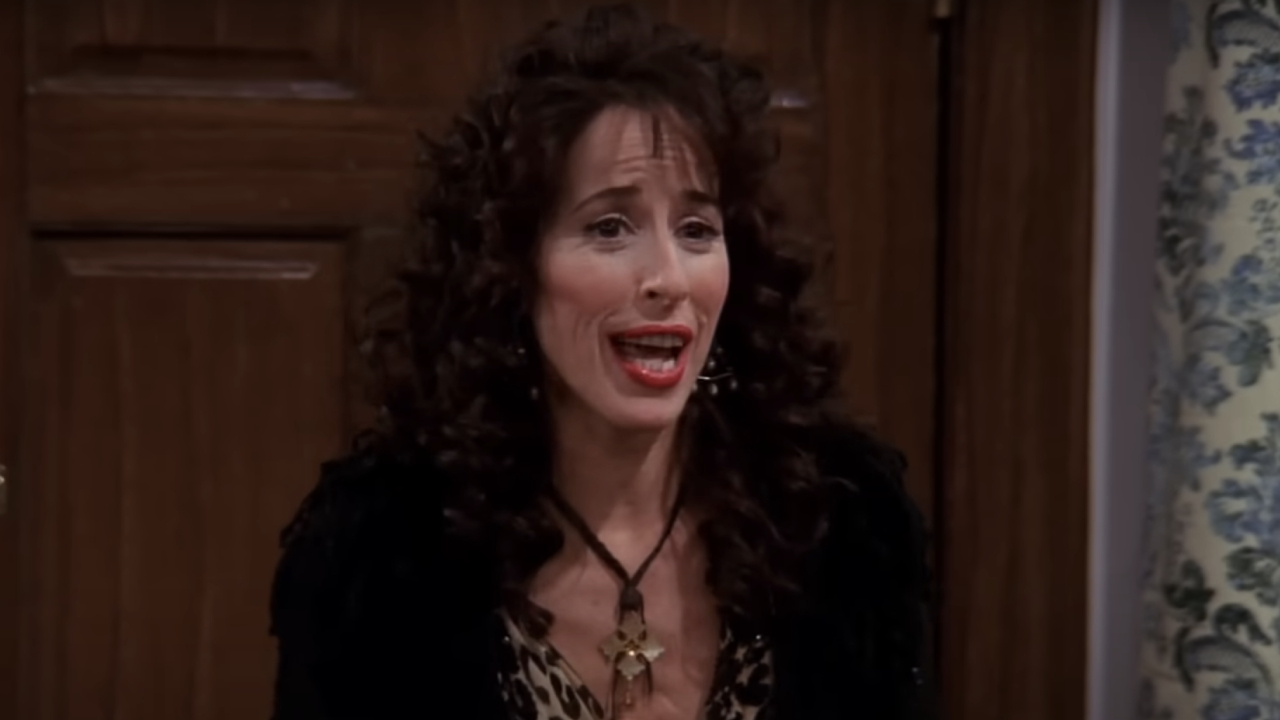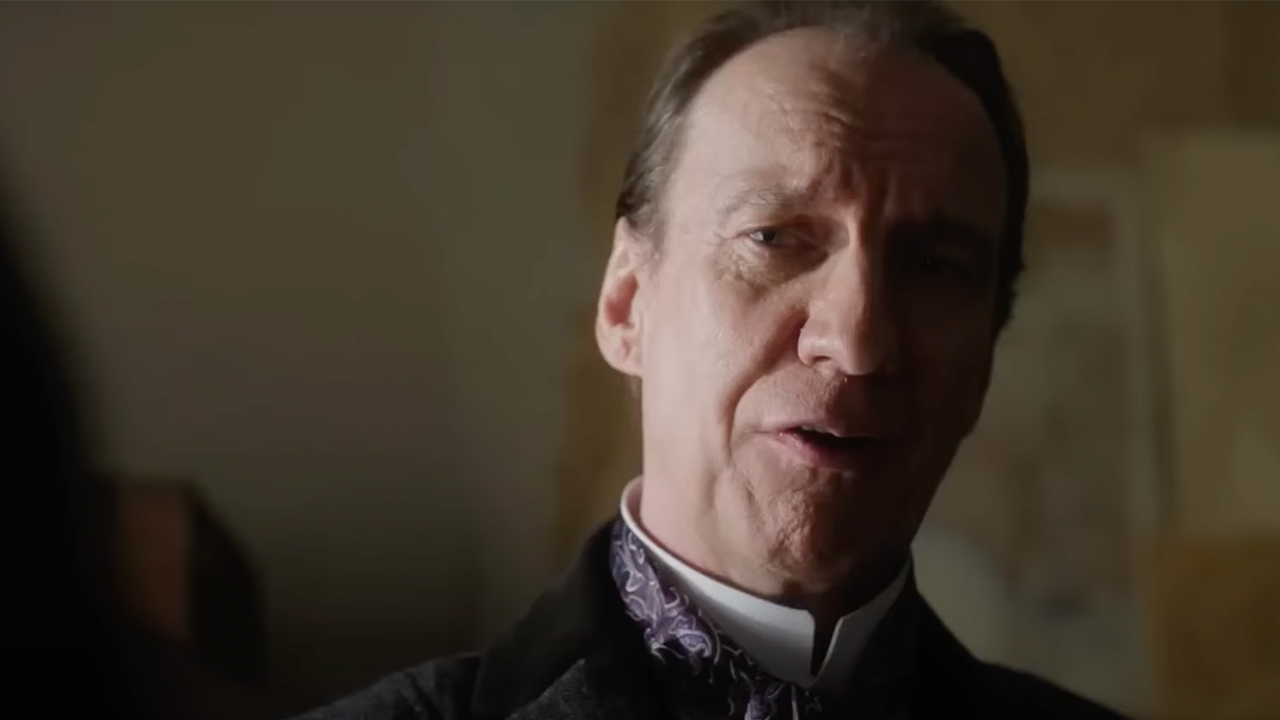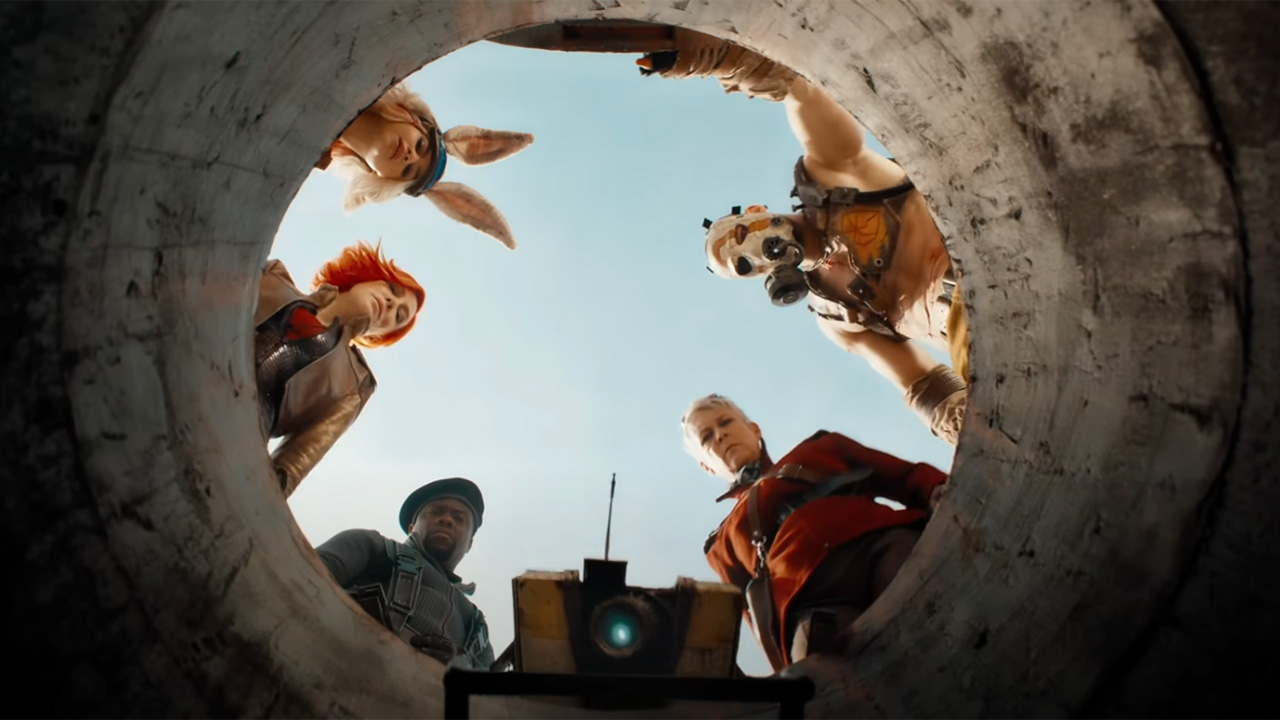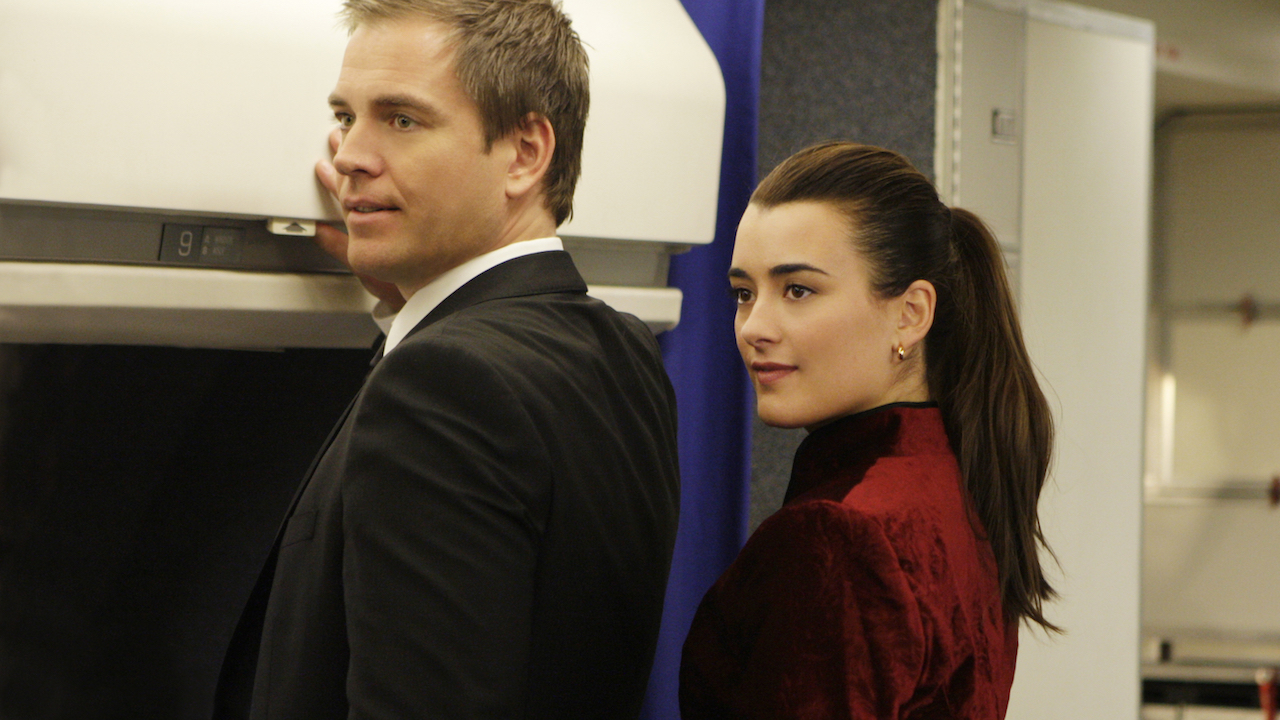Eurogamer Responds To The Criticisms, Legal Threats, Rob Florence Departure
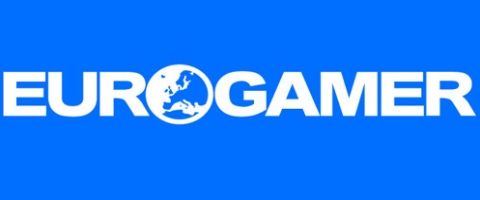
Well, we're into the new week and thankfully that article by Robert Florence is still a painstaking stake to the heart of video game journalism. I was afraid that one week on and it would all be brushed under the rug. However, Eurogamer editor Tom Bramwell doesn't want this issue to disappear just yet and speaks out about the topic that still needs addressing in the video game news circles.
In an editor's blog on Eurogamer, Bramwell discusses how he was depressed and despondent over having to edit and remove certain pieces from Florence's Lost Humanity 18 piece, under the pressure of legal threats from another journalist and MCV mainstay, Lauren Wainwright.
Bramwell makes it known that he was actually behind Florence and the article, but the pressures that be just couldn't let the dirty laundry sit out in the air for the public.
Tom goes on to advocate further introspection into the video game journalism ring; that hopefully Lost Humanity 18, Florence's final piece for Eurogamer, will be a starting point for journalists to be more serious about the relationships they share with PR and to be a little less persuaded by swag, trips and fanfare.
Bramwell writes strongly and almost from the position of a man who has been beaten down but refuses to accept defeat, saying...
I didn't publish the column because I think Eurogamer is better than everyone else. I published it because I think we are all pretty much the same and we should all be thinking about this stuff more than we do. I imagine the reason we don't is that it has become the wallpaper to our professional lives, and it's easy to forget that it's there and just get on with things. And my worry after last week was that our collective reaction was going to be, "Oh no, people don't like the wallpaper - let's just paint over it." I would rather strip the wallpaper. It can't be done in a week, but it can be done. It will make the site better overall.
I agree.
Forbes' Erik Kain, one of the shining beacons of light in this troubled arena of video game journalism (or rather, video game advertorialism) shared an enlightened perspective about the events that unfolded and his outlook on the industry, saying...
CINEMABLEND NEWSLETTER
Your Daily Blend of Entertainment News
In some ways, it doesn’t matter how widespread the influence of PR over journalism is, or how deep the corruption actually goes, or whether or not the heavy hand of advertising dollars is directly or indirectly influencing review scores. The knowledge that it has happened, and that it does influence scores from time to time, is enough.The perception of corruption is there, and too often the media has done nothing to change this perception.
Both Bramwell and Kain are one and the same when it comes to the way video game advertorialism has failed to change a perception that gamers have of the business; that the few times corruption has reared its ugly head has never been righted and whenever questionable scores pop up for a game that may not be too great, gamers are instantly on the offense against the score giver.
I think some sites are working hard to repair the broken image of the gaming news sector, but the few are outweighed by the many. I also doubt we'll see video games hit any sort of serious news spectrum until a big time news organization steps in and does video game news in a legit way. Many assume The Verge's Polygon branch might be the video game journalism savior for the masses, but only time will tell.
Heck, I'm still waiting for someone to get an accurate production cost figure on Call of Duty from the devs at Treyarch and Infinity Ward. Seems like an obvious question to ask in an interview.
Staff Writer at CinemaBlend.
Issa Rae Shared Her Opinion On How Hotel Reverie Wraps, And It Reminds Me Of Another Black Mirror Episode I Think Fans Misread
Law And Order: Organized Crime Star Told Us What's 'More Realistic' About Season 5 On Peacock, And Now Stabler's Accident Seems A Lot Scarier
Chicago Fire May Have Just Lost A Firefighter, And More Cast Departures Are On The Way

